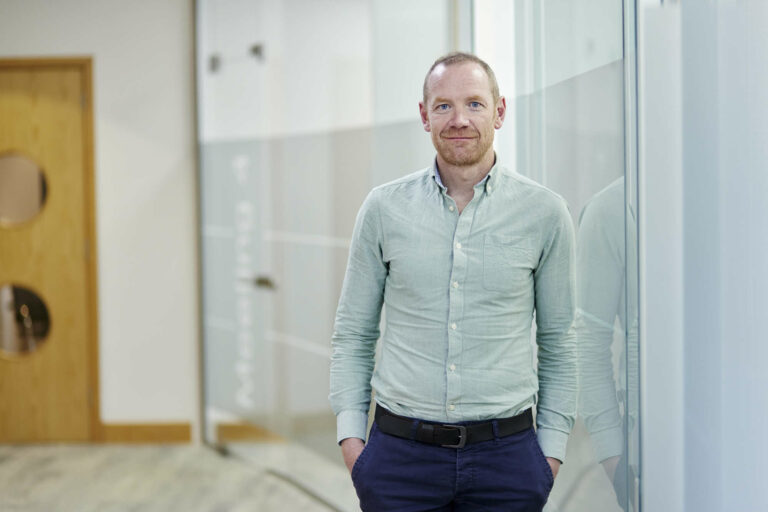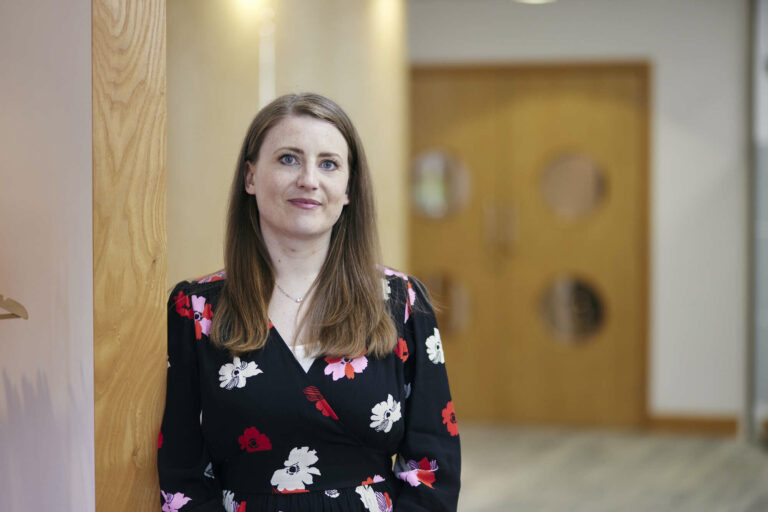Bowel cancer is one of the most common forms of cancer in the UK. It is not known what causes bowel cancer, but there are various factors which might put you at a higher risk, which include:
- Being over 50 years of age
- A family history of bowel cancer
- You have a history of polyps in your bowel
- You smoke
- You are overweight
- You have other bowel conditions such as Chron’s disease or colitis.
Exercise, eating a healthy diet, not smoking, limiting alcohol consumption and maintaining a healthy weight can help you reduce your risk.
Typical symptoms of bowel cancer
According to the charity Bowel Cancer UK, the 5 main symptoms of bowel cancer are:
- Blood in your poo or bleeding from your bottom
- A persistent change in bowel habit
- Feeling very tired for no obvious reason
- Unexplained weight loss
- A pain or lump in your tummy
If you have any of these symptoms, you should consult your GP straight away. Unless your GP can confidently rule out cancer, it is likely that you will be referred to gastroenterologists at your local hospital for further investigations.
Screening
In the UK there are various screening programmes that are designed to look for early signs of cancer. Screening for bowel cancer is usually available if you are over the age of 50 years. If you are eligible for a screening test, this will be automatically sent to you in the post. It is known as a faecal immunochemical test (or “FIT” for short). It will involve you providing a stool (poo) sample which is tested in the laboratory for traces of blood. Most of the results of these FIT tests are reassuring, but some will detect blood which may be a sign of bowel cancer, or could be something to be less concerned about.
Investigations
If your doctor is concerned about the possibility of bowel cancer, you will be referred for investigations, which should take place within 2 weeks of your referral. Usually, you will be offered a colonoscopy. This involves an internal camera looking at your bowel for any signs of cancer. Sometimes, the doctor performing this test will take a biopsy, which is a painless procedure to remove a tiny part of the tissue in your bowel to look for any abnormalities. That tissue is then examined and is indicative of whether you have cancer, or not. The vast majority of patients who have this test are reassured that they do not have cancer.
Polyps
It is not uncommon for polyps to be found in the bowel. In fact 1 in 5 people over the age of 50 are thought to have bowel polyps. They are more common in men than women. Polyps do not usually concern doctors, but some have the potential to eventually turn in to cancer, so doctors will usually remove them, or at least keep an eye on them in case of any changes; this will mean you will be monitored with regular colonoscopies. Polyps can often be removed during a colonoscopy, but sometimes an additional procedure is necessary, depending on the size and number of the polyps.
Treatment for bowel cancer
If cancer is detected, additional investigations will be undertaken to ascertain how advanced the cancer is, and to help put an optimal treatment plan in place. If the cancer is detected early, then treatment is usually curable. The type of treatment you have will depend on various factors including the size of the cancer, where exactly the cancer is, if it has spread and your overall health.
Concerns
If you or a loved one is experiencing any of the symptoms listed above, it is sensible to see your GP without delay. It is important to remember that screening tests cannot be 100% accurate so even if you have had a negative “FIT” test and are concerned that you have symptoms, still ask your GP for advice. As with most cancers, the earlier it is detected, the better chances you have of curative treatment. A delay in starting treatment can significantly impact on your future health, and prospects of survival. If you are concerned about a delay in your diagnosis, please contact Enable Law for advice.
Bowel talk
Talking about bowel habits is often an uncomfortable conversation. Patients often find their symptoms humiliating and difficult to talk about. Most GPs discuss bowel habits on a very regular basis, so to them, it is no more out of the ordinary than talking about a good old British cup of tea!
There are plenty of support groups available, where poo is not a taboo subject. So don’t be afraid to talk about your concerns relating to bowel habits with those who are probably experiencing similar symptoms. Their support could prove invaluable to you.
Why make a claim?
We work closely with independent medico-legal general practitioners, gastro-enterologists, surgeons, oncologists and pathologists to investigate if a medical professional has not provided a timely diagnosis, and the consequences of any delay in the commencement of treatment. Finding out that someone made a mistake in relation to your care or the care of your loved one can be really difficult and leave you feeling that had this mistake not been made then your diagnosis and treatment could be smoother. Delays in diagnosis and treatment can sadly often also impact on one’s chances of survival. In some cases, a delayed diagnosis of bowel cancer may mean that treatment has gone from being curable to palliative. In these devastating cases we work our hardest to ensure that you or your loved one will be taken care of and that if you have any dependants they will have access to financial support in order to minimise the practical disruption to their own lives.
Cancer compensation claims unfortunately does not fix the repercussions of medical negligence but at least it can take away the worry of how one can deal with the additional financial struggle brought by the effects of the negligence.
If you want to have a free confidential discussion with one of our expert cancer claim solicitors contact us on 0800 044 8488 or fill in our contact form here and we will call you back Contact Us – Enable Law










